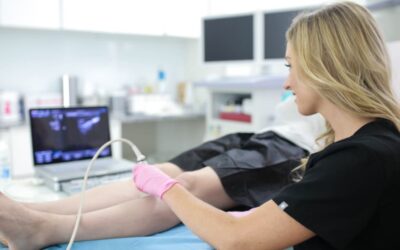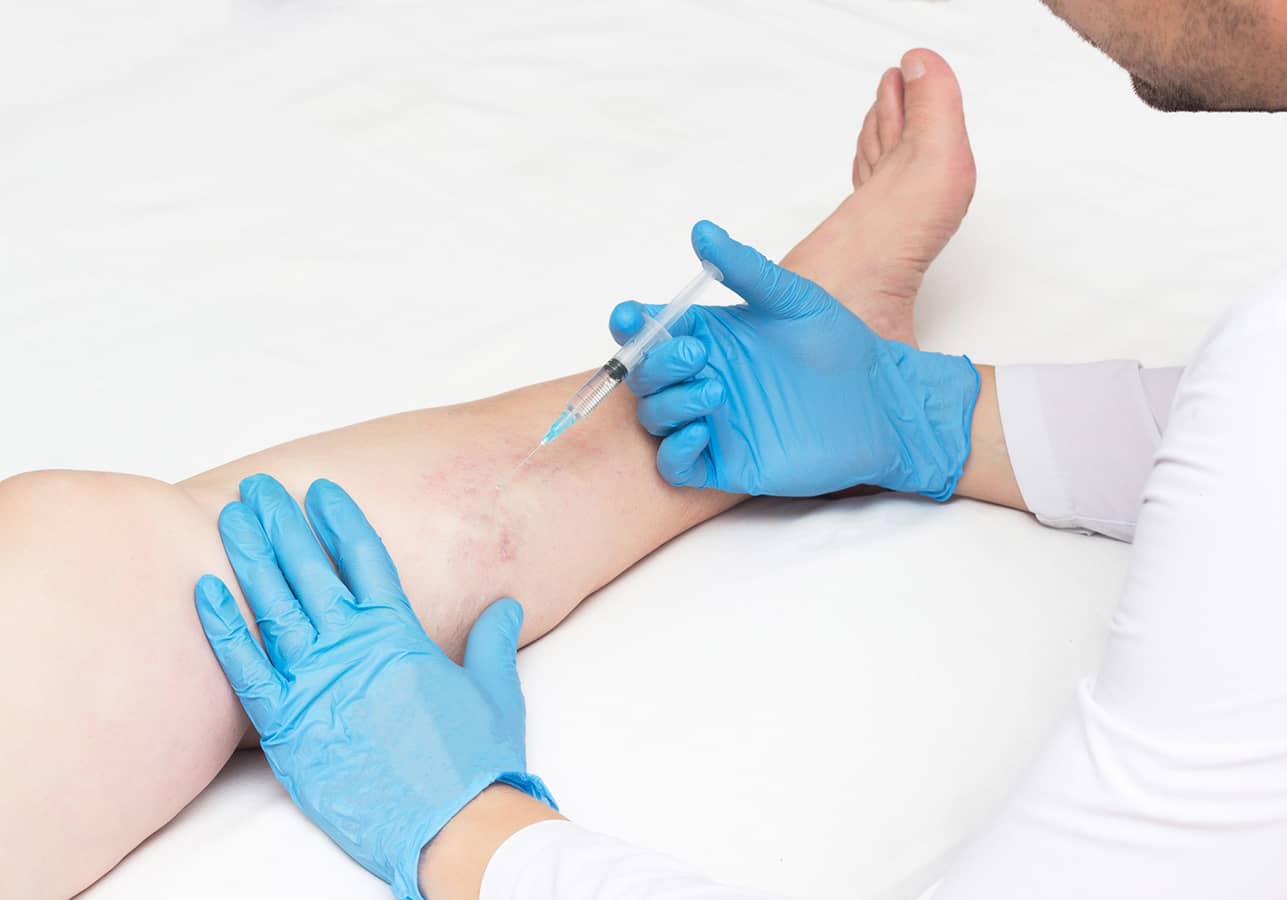Exploring Minimally Invasive Treatment Options For Varicose Veins
Do you complain of varicose veins? They can be sore or prickly at times. Varicose veins need treatment, or else they can lead to severe health complications. This condition only gets worse with time. These veins become dilated, and the darker dermal veins can be seen just under the skin. They are situated mainly in the lower limbs and feet, although they can be found in other parts of the body.
Self-Treatment Strategies for Varicose Veins.
It is good to see a doctor if you have pain and your veins change color. However, it is okay to seek self-treatment if you find little relief from the condition. Interestingly, there are several ways to self-treat varicose veins.
Consult your vein specialist or medical practitioner and inquire about pain management to alleviate the condition that causes varicose veins.
Do some regular exercise.
- Reduce your weight.
- Raise your legs.
- Put on compression socks.
Also, some doctors may advise you on medications to deal with your problems. But if your varicose vein pain continues after these activities, it is time to seek comprehensive treatment.
What are the treatment options for varicose veins?
Noninvasive procedures remain prevalent in the current technology to eradicate varicose veins.

Sclerotherapy
It is a treatment in which the vein specialist uses a specific solution to treat the affected vein. This causes your veins to shrink immediately, and over months, the appearance of the vein will gradually recede as the body reabsorbs it.
For some individuals, that may be cosmetic surgery to change their lifestyle. This noninvasive treatment with a concentrated salt solution affects blood vessels and makes veins shrink and become invisible. A vein specialist, or phlebologist, is a healthcare professional, usually a doctor, who focuses on vein issues and comprehensively treats varicose veins.

Ablation via radiofrequency (RFA):
The other process, known as EVLA for endovenous laser ablation, is very similar to radiofrequency ablation except for internally heating the saphenous veins. Notably, there is no time when the activities are halted, and there are no scars because it is done under local anesthesia. Patients will likely experience less pain in the RFA procedure than in the EVLA because the vein gets treated slower with electromagnetic waves than laser energy.
Medical adhesive glue called VenaSeal:
Medical adhesive glue, the newest development in vein treatment, is completely unrelated to heat or biochemical reactions occurring within the vein. However, it very quickly and permanently seals the vein and starts a lengthy process of the vein’s calcification. In our opinion, VenaSeal Glue can be considered the least invasive and traumatic compared to the other novelties we have observed.
EVLA (Endovenous Laser Ablation):
There is no doubt that EVLA is a perfect alternative to invasive, traditional surgery such as surgical vein stripping. The big and small saphenous veins, often seen to supply the visible on-the-surface veins, are large internal saphenous veins treated with it. A laser fiber is advanced into the affected vein utilizing ultrasound during a relatively simple technique known as EVLA, done under local anesthesia. The endothelial layer of the vessel wall is ablated once the contact between the laser fiber and the vein is established, and this results in the vein wall becoming inflamed and sealing shut. To a large extent, the method of vein elimination known as EVLA is free of such consequences, unlike vein stripping.
Summing it up
This article has stated all the major things you need to know about varicose veins, and now you also get an idea of what doctor treats varicose veins. Varicose veins can improve things by enhancing your body structure and relaxing your veins.
Comments
Post a Comment